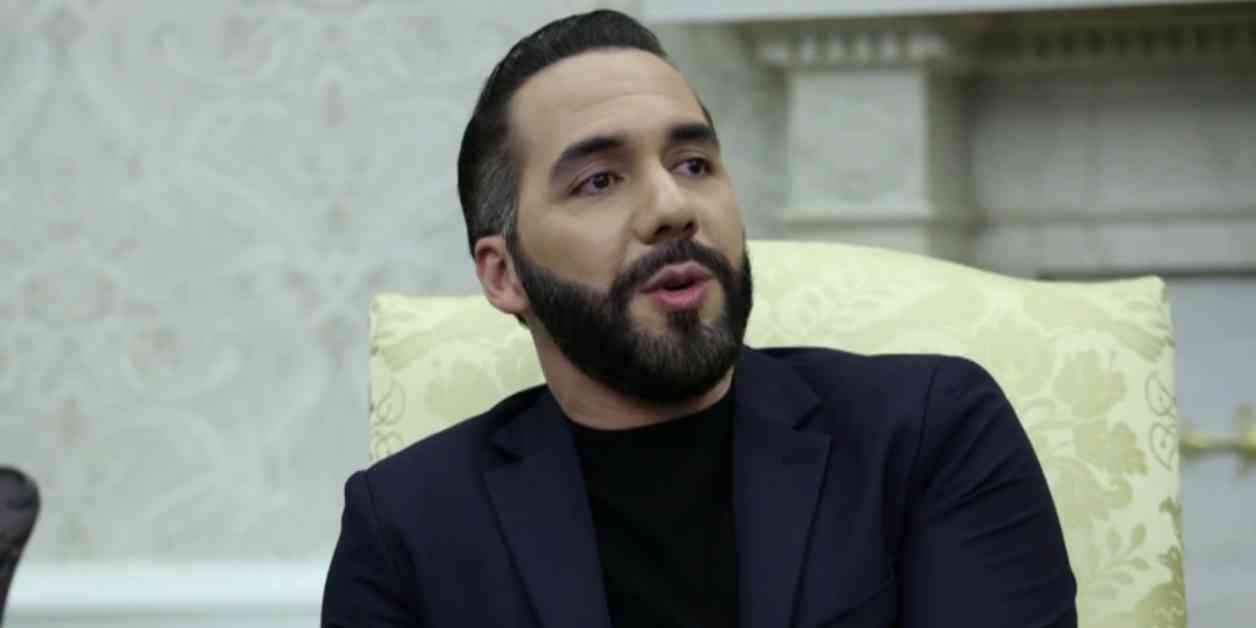El Salvador President Refuses Deported Man Return to U.S.
In a surprising turn of events, El Salvador’s President has taken a firm stance against allowing a deported man to return to the United States. The individual in question was apprehended just outside the UnitedHealthcare Campus in Minnesota, sparking a chain of events that has captured national attention. This contentious decision has raised eyebrows and ignited debates about immigration policies and diplomatic relations between the two countries.
The Controversial Arrest
The incident unfolded on a seemingly ordinary day, with law enforcement officials making a routine arrest just outside the UnitedHealthcare Campus in Minnesota. Little did they know that this arrest would set off a series of events that would reverberate far beyond state lines. The man in question, whose identity remains undisclosed, was swiftly deported to El Salvador, his country of origin.
Upon his arrival in El Salvador, the deported individual found himself in a precarious situation. With his future hanging in the balance, he sought refuge and assistance from his home country’s government. However, to his dismay, El Salvador’s President made a shocking announcement—he would not allow the man to return to the United States, effectively blocking any chance of reentry.
The Ripple Effect
The President’s decision has sent shockwaves through both nations, sparking heated debates and discussions about immigration policies, human rights, and diplomatic protocols. Many have voiced their concerns over the implications of such a move, questioning the legality and morality of denying a deported individual the opportunity to return to their country of choice.
Experts in international relations have weighed in on the matter, expressing varying perspectives on the President’s decision. Some argue that it sets a dangerous precedent and undermines the principles of cooperation and mutual respect between nations. Others contend that it is within the President’s rights to dictate the terms of reentry for deported individuals, citing national sovereignty and security concerns.
As the debate rages on, the deported man remains in limbo, caught in the crossfire of political tensions and bureaucratic red tape. His fate hangs in the balance, a pawn in a larger game of chess between two nations with competing interests and ideologies.
In conclusion, the case of the deported man and El Salvador’s President’s refusal to allow his return to the United States serves as a poignant reminder of the complexities and challenges inherent in immigration policies and international relations. It is a story that sheds light on the human faces behind the headlines, illustrating the real-life consequences of decisions made at the highest levels of government. As the world watches and waits for a resolution, the deported man’s future remains uncertain, a symbol of the broader issues at stake in the ongoing debate over immigration and national sovereignty.














